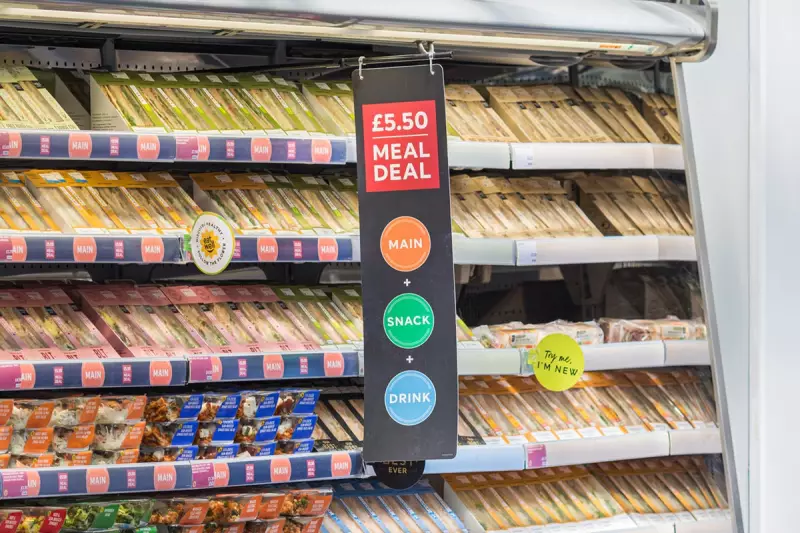
The beloved British lunchtime ritual, the meal deal, is facing an unprecedented price surge as the nation's biggest retailers respond to mounting cost pressures. In a move that will disappoint millions of workers and students, Tesco, Sainsbury's, and Boots have all quietly increased the cost of their iconic meal packages.
The traditional £3 meal deal, a staple for budget-conscious shoppers for over a decade, has become increasingly difficult to find. Many stores have pushed their basic offering to £3.50, while some premium options now approach the £5 mark—a significant increase that reflects wider inflationary trends across the grocery sector.
The New Price Landscape
Tesco, Britain's largest supermarket chain, has confirmed adjustments to its meal deal pricing, though it maintains that a £3 option remains available in many locations. A spokesperson stated: 'We know how important it is to offer our customers great value, and our meal deal continues to provide excellent quality and choice across a range of prices.'
Sainsbury's has similarly moved many of its offerings to the £3.50 price point, while Boots—often considered the pioneer of the meal deal concept—has implemented what many customers are calling the most dramatic increases. Some Boots stores now charge up to £4.95 for their premium meal deal options.
Consumer Backlash and Economic Reality
The price hikes have sparked disappointment among loyal customers who have come to rely on meal deals for affordable lunches. 'It feels like the end of an era,' remarked one regular purchaser. 'The meal deal was one of the last truly good value options left. These increases really add up over a working week.'
Retail analysts point to several factors driving the increases:
- Rising ingredient costs across sandwich fillings, snacks, and beverages
- Increased production and transportation expenses
- Higher wage costs following increases to the national living wage
- General inflationary pressures affecting the entire food sector
Despite the increases, meal deals still represent better value than purchasing items individually, though the margin of savings has noticeably narrowed.
The Future of Lunchtime Savings
As the cost of living crisis continues to squeeze household budgets, the meal deal price increases represent another small but significant erosion of purchasing power for British consumers. While retailers maintain that they are absorbing as much cost as possible, the reality of economic pressures means the days of the universal £3 meal deal may be coming to an end.
Consumers are now faced with a choice: accept the new pricing reality, seek out alternative lunch options, or carefully shop around between retailers to find the best remaining deals. One thing is certain—the humble meal deal, like everything else, is not immune to the economic challenges of our time.




